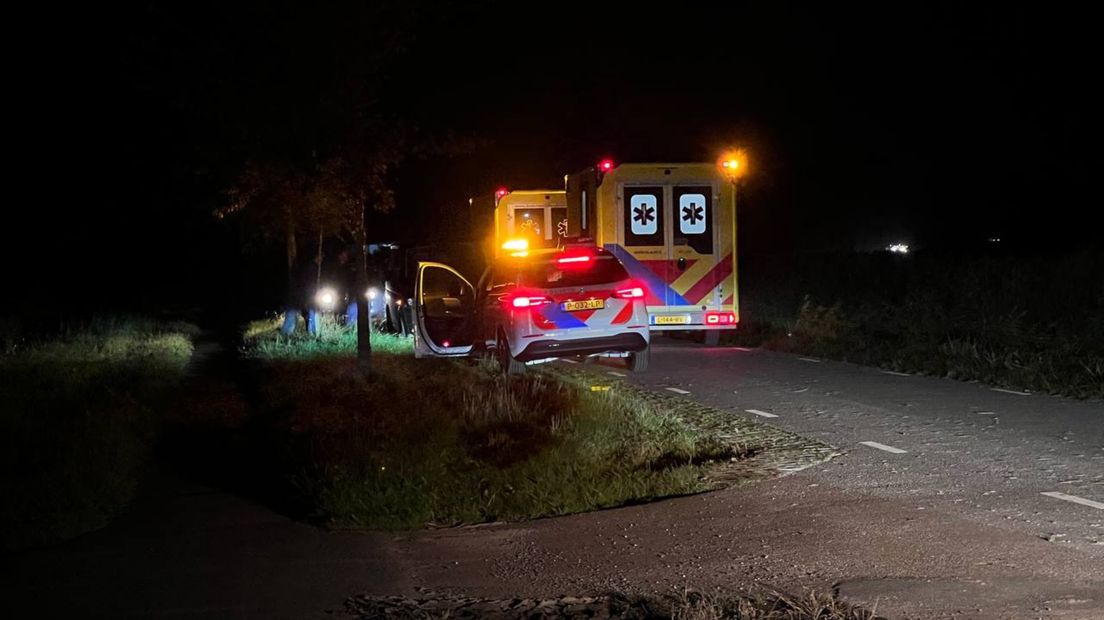The Banque de France has unveiled the results of its assessment and prospects survey. While the business situation in Ariège is, on the whole, similar to that of the Region, the number of unpaid invoices is on the rise.
As every year, the Banque de France presents the results of its Budget and Outlook Survey (EBRP), which provides very early information on the activity, workforce and profitability of companies in the region for the next year.
At the departmental and regional levels, a mid-year review was carried out with business leaders to assess their situation as closely as possible. In total, 1,400 companies and 173,390 people were interviewed. A great balance of opinions that allows you to project yourself. “When it comes to financing as a whole, the Ariège companies are not very different from those in Occitania,” explains Patrick Garcia, Ariège department director. And the results are quite positive.
In Occitania as in Ariège, outstanding loans mobilized by businesses are growing, especially for investments.
“The situation regarding financing is correct. But beware, this is a global observation. This does not mean that all companies are experiencing the same positive situation,” warns Patrick Garcia.
Unpaid bills in the department are on the rise
The difference with the Region is widely visible when it comes to counting the number of unpaid companies in the department. “The big discrepancy with the Region is the unpaid invoices of companies, which in Ariège are on the rise. To realize this, in August 2022, there were more than 3 million payment incidents against 1.5 million in the ‘August 2021 “, specifies the departmental director of the Bank of France. The reasons for this crisis have all been found. “There have undoubtedly been many breakdowns in the companies in the department. On the one hand there is the current cost of energy, but above all the start of repayments of the PGE, the loan guaranteed by the state. Some companies have been maintained by this device. but when it comes to repaying, they still have pre-crisis problems. This is where we stand out considerably, “he adds. In Ariège, the sectors most affected by economic failures are housing / catering and construction (especially construction).
Faced with the national crisis, the Banque de France’s objective is still equally clear: to return to an inflation rate of 2% (currently around 6%).
“This year the central question is: how to contain the rise in inflation? Almost half of inflation today is due to energy, on which the Central Bank can do nothing. We focus on everything else: manufactured goods, food. , services, etc. The non-energy part, we must break it down. The Ukrainian shock is less significant for the business than the Covid shock “, assures Patrick Garcia.
And the latter reports on the measures to be taken to combat inflation: “The Eurosystem must normalize its monetary policy: exit from the exceptional measures adopted during the Covid crisis, as” whatever is needed “and continue to raise rates. had flooded the economy with liquidity, we have largely started to stop. There will be less money and more money, so that the economy does not overheat and inflation is acceptable. “
A policy shared by the governor of the Banque de France in his letter to the President of the Republic: “We must not manage inflation, we must fight it”. The outlook points to another difficult year in 2023, before a potential recovery in 2024.


